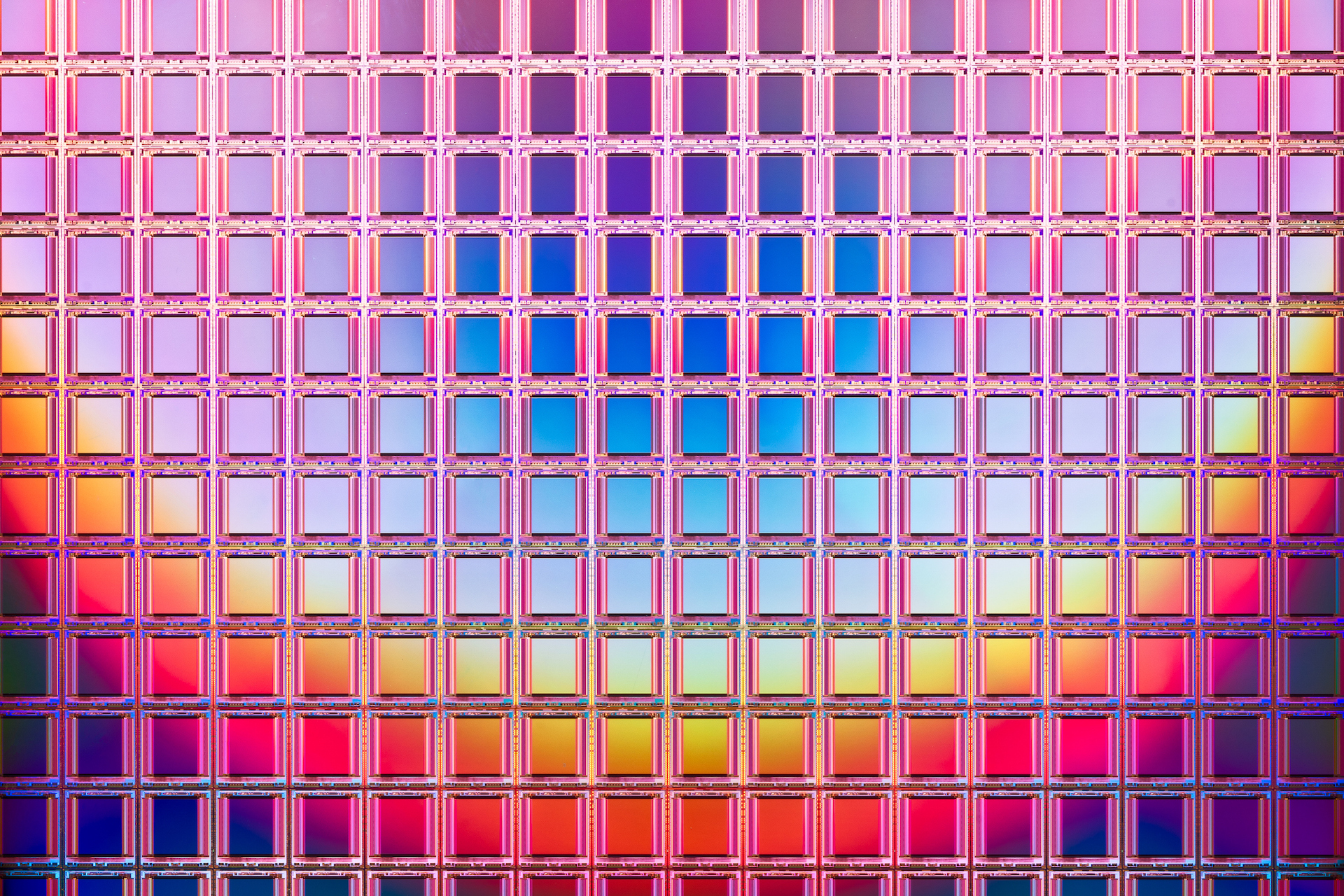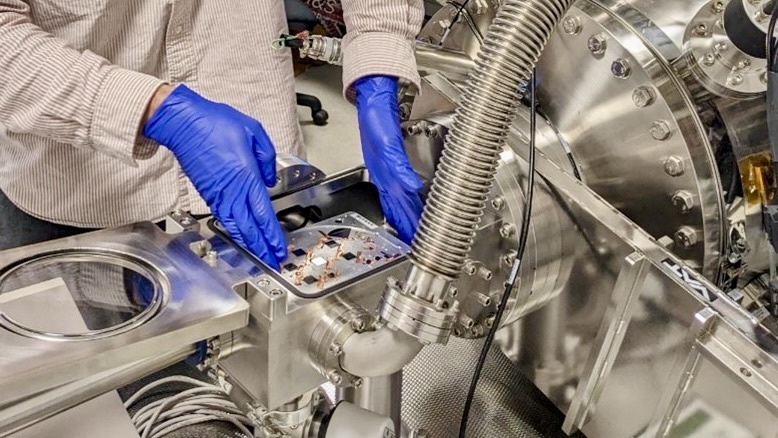
Scientists have created an enhanced, ultra-pure form of silicon that could one day be the foundation for highly reliable "silicon-spin qubits" in powerful quantum computers.
While the bits in classical computers encode data as either 1 or 0, qubits in quantum computers can be a superposition of these two states — meaning they can achieve a quantum state known as "coherence" and occupy both 1 and 0 in parallel while processing calculations.
These machines could potentially be more powerful than the world's fastest supercomputers but would need around a million qubits to achieve this, the scientists said. The largest quantum computer today has roughly 1,000 qubits.
But a key challenge with quantum computing is that qubits are "noisy," meaning they are highly prone to interference, such as temperature changes, and need to be cooled to near absolute zero. Otherwise, they easily lose information and fail midway through operations.
This means that even if we had a quantum computer with millions of qubits, many of those would be redundant even with error-correction technologies, making the machine extremely inefficient.
Tapping into silicon quantum computing
Qubits are normally made from superconducting metals such as tantalum and niobium because they possess near-infinite conductivity and near-infinite resistance.
But in a new study, published May 7 in the journal Nature Communications Materials, researchers proposed using a new, pure form of silicon — the semiconductor material used in conventional computers — as the basis for a qubit that is far more scalable than existing technologies.
Building qubits from semiconducting materials like silicon, gallium or germanium has advantages over superconducting metal qubits, according to the quantum computing company QuEra. The coherence times are relatively long, they are cheap to make, they operate at higher temperatures and they are extremely tiny — meaning a single chip can hold huge numbers of qubits. But impurities in semiconducting materials cause decoherence during computations, which makes them unreliable.
In the new study, the scientists proposed making a qubit out of silicon-28 (Si-28), which they described as the "world's purest silicon," after stripping away the impurities found in natural silicon. These silicon-based qubits would be less prone to failure, they said, and could be fabricated to the size of a pinhead.

Natural silicon is normally made up of three isotopes, or atoms of different masses — Si-28, Si-29 and Si-30. Natural silicon works well in conventional computing due to its metalloid properties, but problems arise when using it in quantum computing.
Si-29 in particular, which makes up 5% of natural silicon, causes a "nuclear flip-flopping effect" that leads to decoherence and the loss of information. In the study, the scientists got around this by developing a new method to engineer silicon without Si-29 and Si-30 atoms.
Cheaper, more scalable quantum computing
"What we've been able to do is effectively create a critical 'brick' needed to construct a silicon-based quantum computer," lead study author Richard Curry, professor of advanced electronic materials at the University of Manchester, said in a statement. "It’s a crucial step to making a technology that has the potential to be transformative for humankind feasible."
Components for silicon-based quantum computers could in theory be built using the same methods used to manufacture classical electronic chips, which can fit billions of transistors onto a tiny circuit board, the scientists said. Silicon qubits, or silicon-spin qubits, are nothing new, but the quality of the silicon has never been as pure, they added, which is determined based on microscopy testing.
Silicon-based qubits could also be manufactured far more easily than other kinds of qubit because of existing chip fabrication methods. And, therefore, quantum computers that use them can be scaled to the million-qubit region much more quickly than competing methods, the researchers said.
"Now that we can produce extremely pure silicon-28, our next step will be to demonstrate that we can sustain quantum coherence for many qubits simultaneously," project co-supervisor David Jamieson, professor of physics at the University of Melbourne, said in the statement. "A reliable quantum computer with just 30 qubits would exceed the power of today's supercomputers for some applications."







